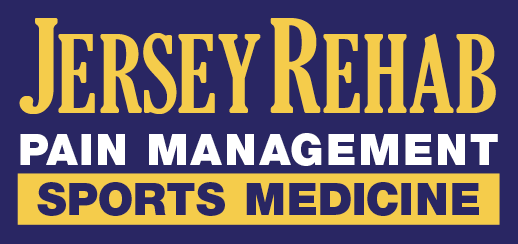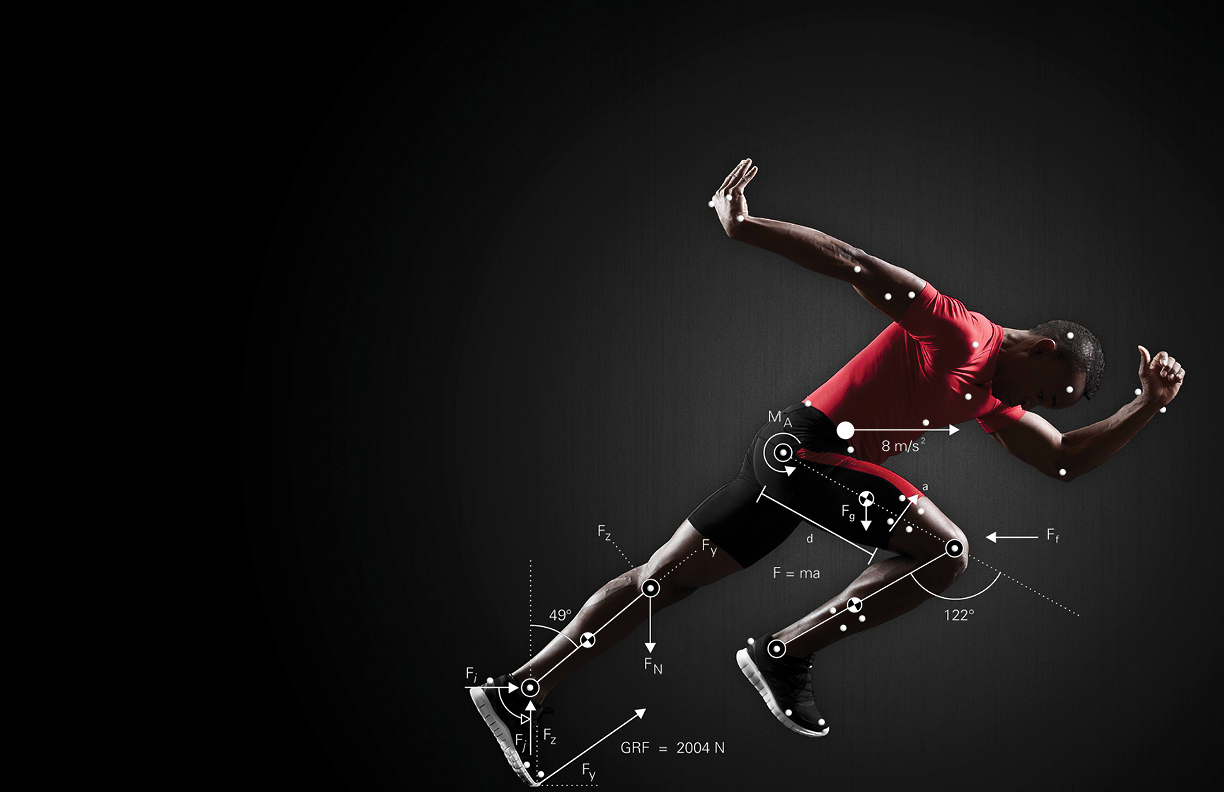Technology in Sports Medicine: Advancements and Applications
The fusion of technology and sports medicine has revolutionized the way athletes train, recover and optimize their performance. From injury prevention to rehabilitation and performance enhancement, technological advancements continue to reshape the landscape of sports medicine.
Let’s delve into the exciting advancements and applications of technology in this field.
Wearable Devices and Biometric Sensors
Wearable technology, such as smartwatches, fitness trackers and biometric sensors, has become an integral part of sports medicine. These devices monitor various physiological parameters, including heart rate, sleep patterns and activity levels. Athletes can track their performance metrics in real-time, enabling them and their coaches to make informed decisions regarding training intensity, recovery and injury prevention.
Biomechanics and Motion Analysis
Sophisticated motion capture systems and biomechanical analysis tools have transformed the way athletes’ movements are studied and optimized. High-speed cameras, force plates and 3D motion analysis software provide insights into an athlete’s biomechanics, helping in refining techniques, preventing injuries and enhancing performance efficiency.
Telemedicine and Remote Monitoring
Telemedicine has bridged geographical gaps, allowing athletes to access expert medical advice and monitoring remotely. Through video consultations, athletes can consult sports medicine specialists, physical therapists and trainers, enabling timely diagnosis, injury management and rehabilitation guidance, regardless of location.
Recovery and Regeneration Technologies
Advanced recovery technologies aid in faster recuperation and injury rehabilitation. Innovations like platelet-rich plasma therapy, cryotherapy chambers, compression therapy devices and electromagnetic pulse treatments help athletes recover from intense workouts or injuries more efficiently, reducing downtime and optimizing performance.
Virtual Reality (VR) and Simulation
Virtual reality is not just for gaming; it’s making significant strides in sports medicine too. VR applications are used for rehabilitation, providing immersive environments for athletes to engage in therapeutic exercises. Additionally, simulation technologies are utilized for mental training, improving focus, decision-making and enhancing situational awareness during games.
Genomic Testing and Personalized Medicine
Advancements in genomics and personalized medicine enable athletes to understand their genetic predispositions to certain injuries or responses to training. Genetic testing assists in tailoring training programs, nutrition plans and injury prevention strategies to suit individual genetic profiles, optimizing performance and minimizing injury risks.
The Future of Sports Medicine Technology
The rapid pace of technological innovation continues to propel sports medicine into new realms. Integrating artificial intelligence (AI), machine learning and big data analytics will further refine personalized training programs, injury prediction models and recovery strategies.
Jersey Rehab remains on the cutting-edge of sports medicine. We offer a wide range of treatments to help clients recover from injuries, enhance performance and reduce the risk of future injuries. To speak with one of our experienced sports medicine physicians, contact Jersey Rehab today.

